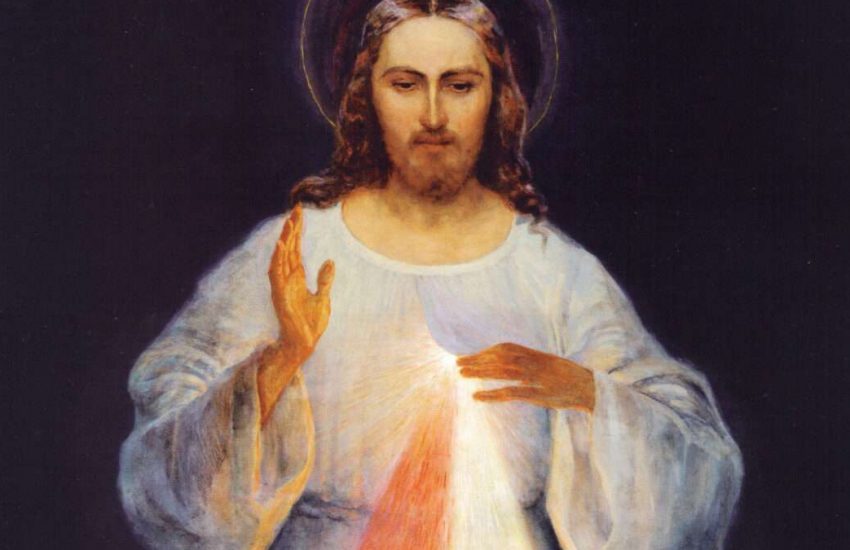Do You Love Me More Than These?
THIRD SUNDAY OF EASTER (C)
click here for readings
Last week we read the gospel of Doubting Thomas (Jn 20:19-31). I ran across a cartoon shortly after that depicted a frustrated St. Thomas complaining to a few of the other disciples. “All I’m saying is that we don’t call Peter ‘Denying Peter’ or Mark ‘Ran Away Naked Mark.’ Why should I be saddled with this title?!”
The cartoon Thomas had a point. After Jesus’ arrest, all of the disciples were in turmoil. Mark’s gospel tells us, “They all left Him and fled” (Mk 14:50), including Mark, who left behind his clothing to escape. Peter, the leader of the Apostles, did the worst thing any Christian could do. He denied being a follower of Jesus — not once, but three times.
Yet at the end of last Sunday’s gospel, “Doubting” Thomas proclaims the Risen Jesus as “My Lord and my God” (Jn 20:28). And in this Sunday’s gospel, Jesus gives Peter the opportunity to counter his three-fold denial with a three-fold expression of love.
“Do you love me more than these?” Jesus asks him three times. Three times Peter replies, “Yes, Lord, You know that I love You.”
As faithful Christians, it is all too easy to imagine that we would never deny our Savior. We see the courageous martyrs in the Middle East being put to death by terrorists for their profession of Christ, and wonder whether we would have the same courage. Or might we, like Peter, deny even knowing Christ?
I once left a magazine laying out on the coffee table at the Catholic Student Center, the front of which had a prominent headline: “Would you die for your faith?” A while later I noticed an anonymous student had taken a marker and written the answer “NO” beneath the headline. That was an honest student.
How can we be certain that we would never publicly deny Christ, when we privately deny Him in so many ways? Every time we sin, it is a denial of Christ. Every time we sin, we say “no” to Christ and “yes” to something less. Every time we sin, we say “no” to He who made us, and “yes” to what will destroy us. Every time we sin, we say, “I do not know Him.”
But there stands Jesus, where we least expect Him; having breakfast by the side of the sea. Despite our sin, He calls us over, and invites us to eat. And then He asks us, “Do you love me more than these?”
Do you love me more than these? Do you love me more than your sin? Do you love me more than your collection of pornography? Do you love me more than the alcohol you abuse? Do you love me more than the pride that won’t allow you to say, “I’m sorry,” to a friend? Do you love me more than your selfish ambition? Do you love me more than these?
If we can say, with Peter, “Yes, Lord, You know that I love you,” then there is hope. Peter denied Christ, but Christ welcomes him back with open arms. Each time Peter affirms his love for Jesus, Jesus commands him to “feed my sheep.” Thus Peter — weak, denying Peter — is transformed by the love of Christ into the first Pope, leader of the Apostles, visible head of the Church on earth, who will strengthen his brethren to the point where they would willingly die a martyr’s death out of love for their Lord.
If Jesus can do that for the man who denied Him three times, imagine what He might have in mind for you…



